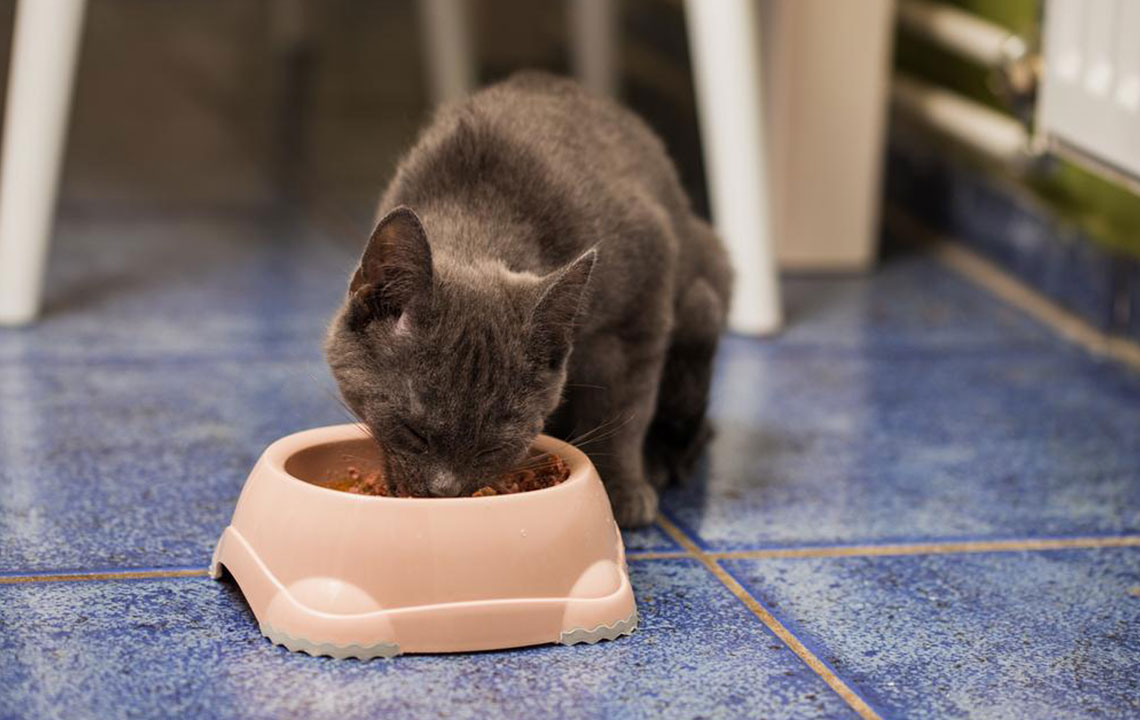A cat’s well-being significantly depends on its digestive health. As compared to other pets, cats have distinctive nutritional requirements. Therefore, as a cat owner, you should ensure that the dietary needs of your pet are not overlooked. If you have recently welcomed this furry friend in your home, then here are some important things you should know while picking cat food.
- Make an age-appropriate food plan – The best determinant of your cat’s diet is its age.
If it’s a kitten, then buy cat food that is rich in protein and healthy fats. Such foods will strengthen their bones, muscles, and teeth. Conversely, adult cats should be fed with foods that are low in calories but rich in protein so that they don’t put on extra weight. Obesity in adult cats can often develop problems like diabetes, cardiovascular diseases, and arthritis. Similarly, older cats are more likely to lead a sedentary lifestyle, so choose cat foods that have adequate digestible protein and low-fat content.
Check the labels – Make sure you scrutinize the listed ingredients while buying cat food. It should have protein, essential vitamins, minerals, enzymes, fatty and amino acids. Refrain from purchasing cat food which has meat byproducts, cornmeal, high amount of carbohydrate fillers, and harmful chemical preservatives such as BHT, BHA, propyl gallate, and ethoxyquin. Keep it interesting – It is important that you maintain a variety in your cat’s diet as they can easily get bored or addicted to one type of cat food. So, feed them with a mix of both dry and wet cat food. Moreover, changing their meals every now and then will also ensure that they are nourished with a wide range of essential nutrients. Is it okay to feed cats with home-prepared meals instead of cat food?
Meals prepared at home for cats might often lack the necessary nutrient content. Therefore, if you are planning to do so, it is advised that you first consult the veterinarian. Also, remember that foods like onions, chives, garlic, milk, grapes, raisins, coffee, tea, sodas, raw eggs, chocolate, and yeast dough can make a cat ill and, in some cases, prove to be life-threatening. Hence, always keep such foods away from your cat.
